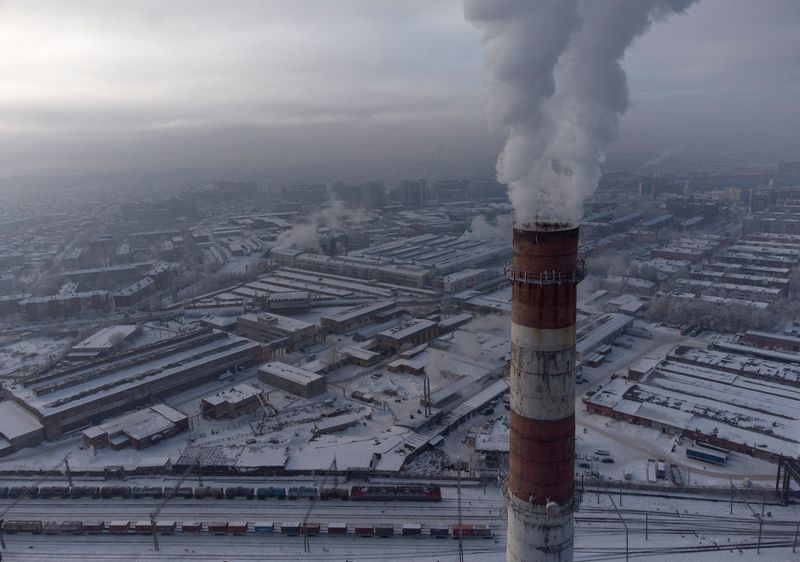MOSCOW (Reuters) -Economic activity in Russia slowed significantly at the end of September, Bank of Russia Deputy Governor Alexei Zabotkin told lawmakers on Tuesday, but payments to mobilised troops should cushion the negative effect on consumer demand.
President Vladimir Putin announced on Sept. 21 that 300,000 people would be mobilised to boost Russia's efforts in what it calls a "special military operation" in Ukraine, but details of the economic impact have so far been thin on the ground.
The central bank has been instrumental in limiting the economic fallout from the conflict in Ukraine and subsequent sanctions targeting Russia, introducing capital controls to steady the rouble, which had plunged to a record low against the dollar in early March.
An emergency rate hike to 20% in late February was followed by six cuts back to pre-crisis levels, but the bank suggested its rate-cutting cycle may have come to an end last month when trimming to 7.5%. The market is eagerly awaiting the next meeting on rates on Oct. 28.
"The board of directors will analyse all changes in the situation, as well as incoming data," Zabotkin said when asked whether holding rates is likely.
He said the bank, which expects Russia's economic contraction to bottom out in the first half of next year, would slightly improve its 2022 full-year GDP forecast for a fall of 4%-6%.
The bank still sees the neutral rate range at 5-6%, Zabotkin said, and is maintaining its inflation forecast for 2022 of a rise by 11-13%, well above its 4% target.
"We will move smoothly towards stabilising inflation at the target," Zabotkin said. "But the decline in inflation may be slower now. This is because the economic transformation demands significant price adjustments across a wide range of goods and services."

But as the conflict in Ukraine escalates and domestic pressure for a Russian victory intensifies, the focus on economic stability is jarring for some.
"Our special military operation is under way, we must understand how it will end...stop telling us about stability," lawmaker Valeriy Gartung of the small pro-Kremlin "Just Russia" party told Zabotkin.